Every week, we’re unearthing Heirloom Recipes -- dishes that have made their way from one generation's kitchen to the next.
Today: Cristina Sciarra of The Roaming Kitchen makes a festive Christmas cake.

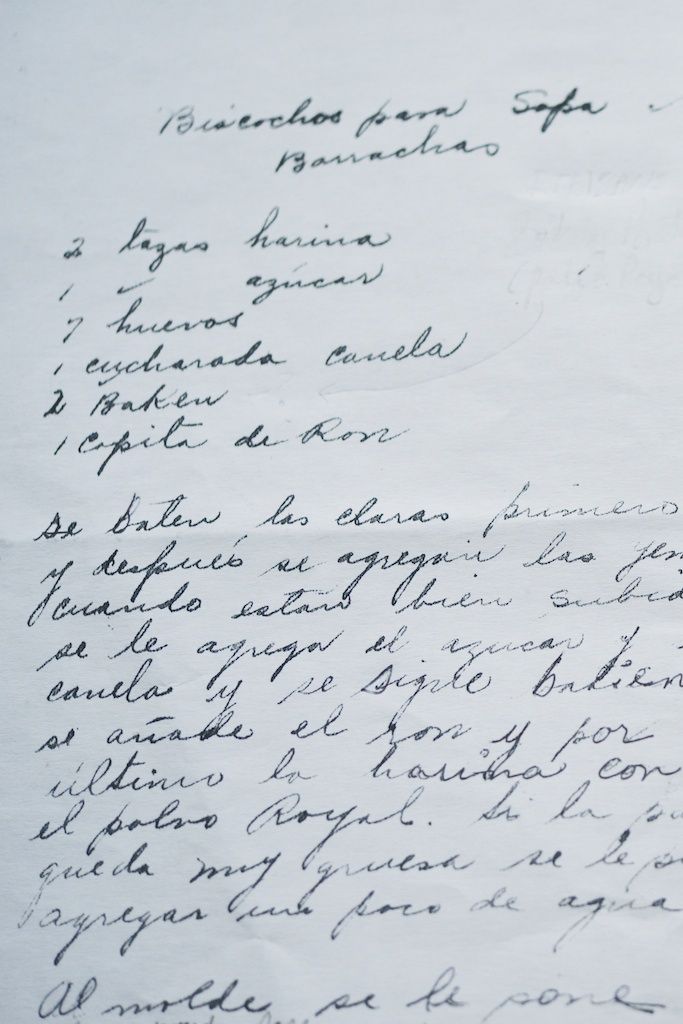
Two of my Abuelita’s black, pleather-bound cookbooks rest in my mother’s kitchen. I don't know if there were more back when my Grandmother was still alive and -- I am told -- cooking with vigor. She died several years before I was even imagined.
Sometimes, when at home visiting my parents, I flip through these books and my mother gives a quick little sigh, a sad little shrug. “She would have loved you,” she says. I would have loved her too, I think. We would have been united by our mutual affinity for the kitchen. I regret not being able to learn all the things she might have taught me.
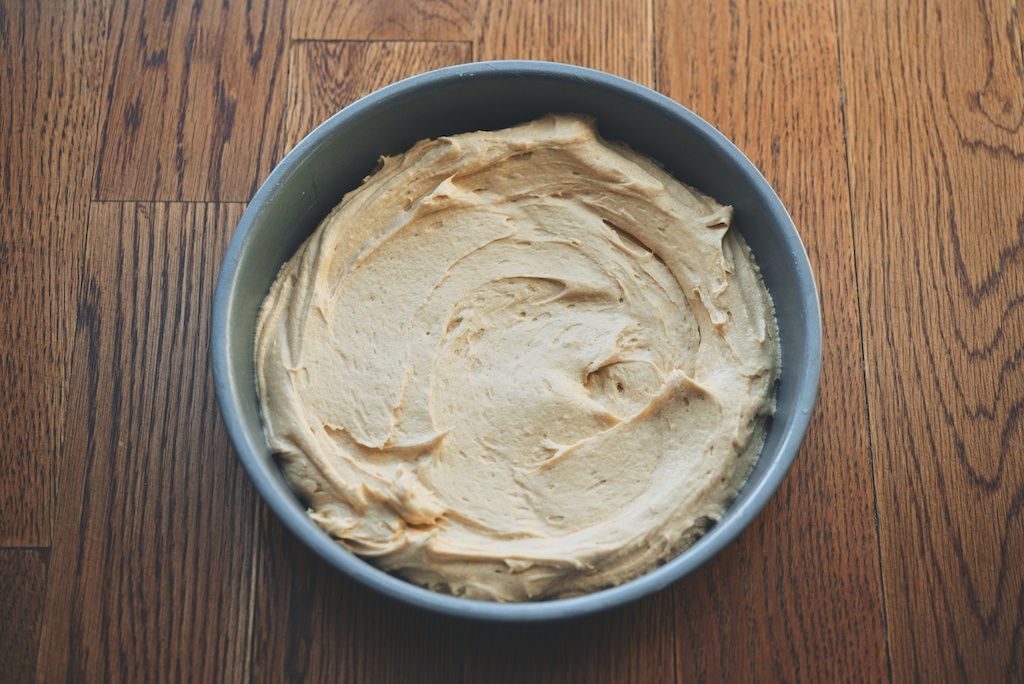
The books’ toast-colored pages are lined with narrow, angular cursive that resembles my own mother’s writing. There is no apparent organization to the recipes in these books, although they all fall into a strange, Spanish-English amalgamation of Latin American classics and 1950’s American housewife dishes no doubt copied straight from the pages of Ladies Home Journal or Better Homes and Gardens: think Empanadas de Guayaba next to Key Lime Pie. Fried and salty plantains with black bean dip beside a yellow layer cake with boiled icing frosting.
When I ask my mother for one of Abuelita’s recipes, one that her memory deems worthy of “heirloom” status, she pauses on her end of the phone. “She used to make arroz con coco, always with fresh coconut. Your Abuelito would drill a hole into the coconut to drain the milk, and then crack it open in the driveway. She grated the insides by hand. In winter, she made rich oxtail and chicken soups from scratch, and for her Empanadas de Carne, she ground the meat herself, studded it with raisins, spices, and capers, and rolled out her own dough. They were delicious.”
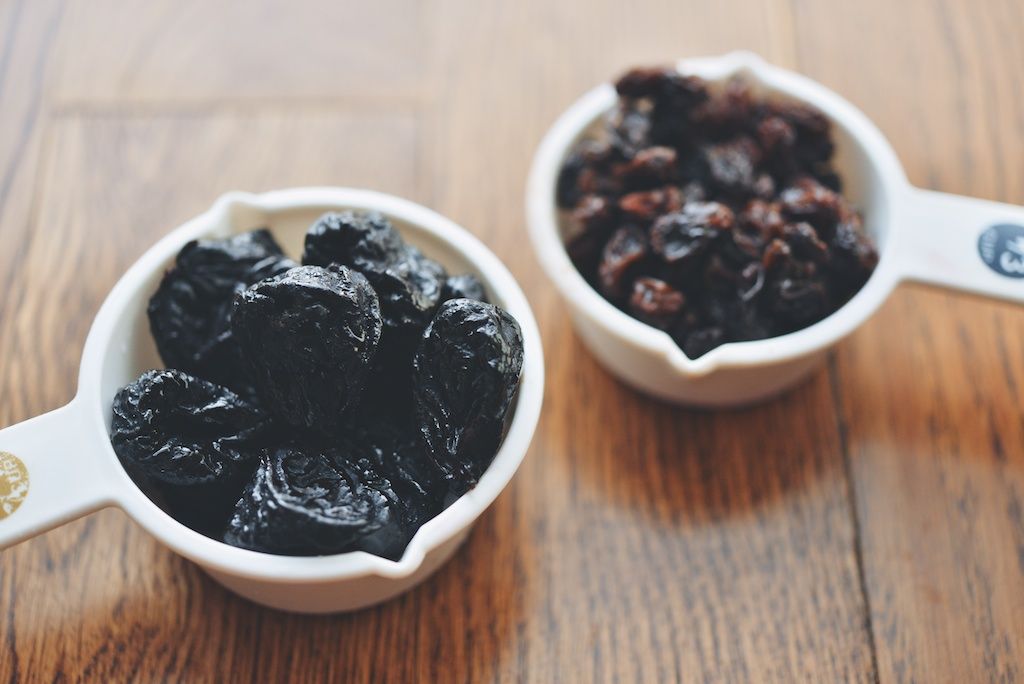
I ask my mother for the empanada recipe, or for one of the soups, but she says, “Oh, she never bothered to write those recipes down. She wasn’t in the habit of inviting us into the kitchen either, so sadly, I never learned how to make any of it. The only full recipe I have is for Sopa Borracha.”
Sopa Borracha, or “drunk soup”, is a cake my Abuelita made every Christmas in large batches. She saved some for her family, and gave the rest away as gifts to friends. In my Mother’s memory, the recipe is as follows: a simple biscocho (cake) is baked and dried over the course of three days. Then, it is soaked in a rum-and-sherry syrup gemmed with boozy prunes and raisins until spongy and soft.
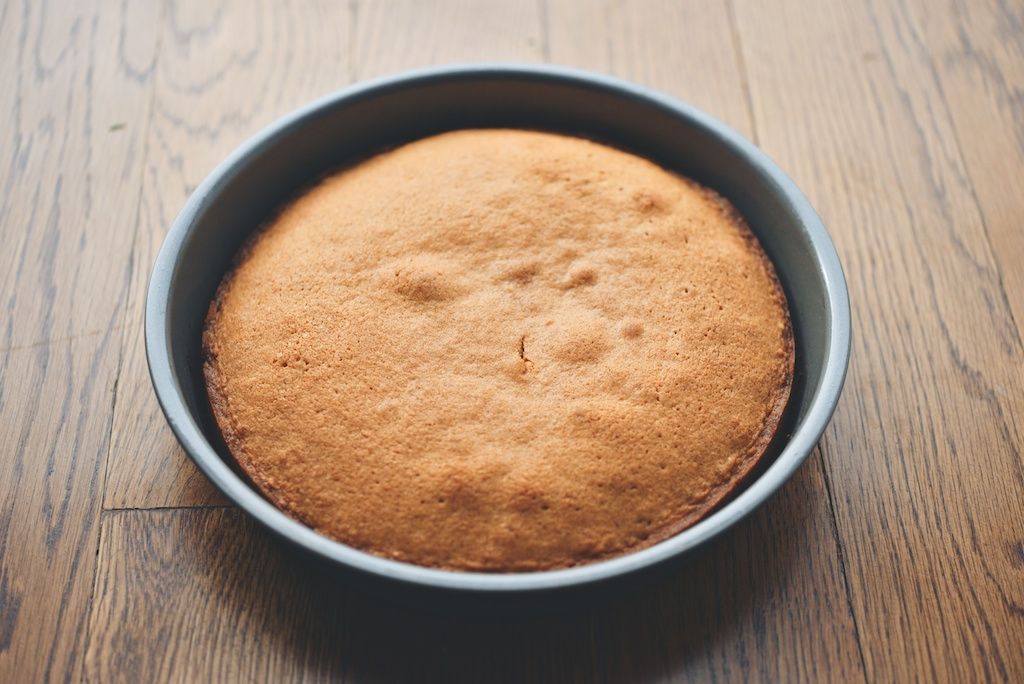
My mother makes a photocopy of the recipe for me, but as I read it through, I can see that tinkering and guesswork will be necessary: Ingredients are listed without quantities, there is no recommendation for oven time or temperature, and the procedure is so shorthand that it barely makes sense to me. Ah, well -- fussing in the kitchen is what I like best, a quality I share with my late grandmother.
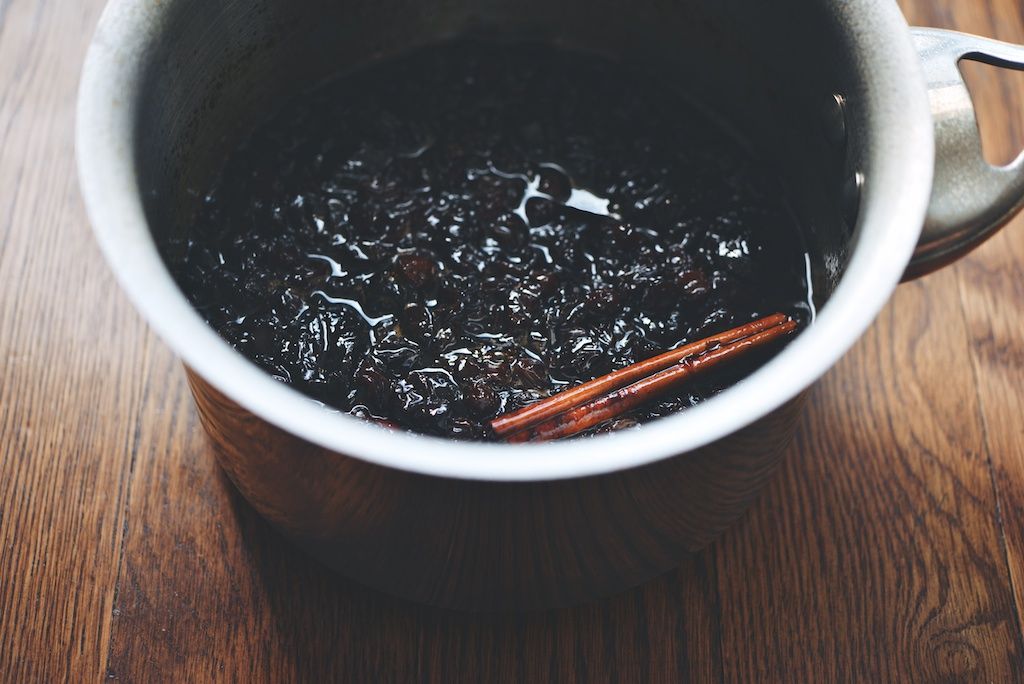
And so I experiment. Who says heirlooms must be passed down perfectly intact? The recipe I ultimately land upon respects Abuelita’s vision: a thin cake, sweet and spiced and heady with dried fruit. My version too retains the essence of Christmas. And while it may not match the source material precisely, I would be proud to serve it with Christmas tea, or to give it away as gifts for friends. Somewhere, I hope Abuelita is proud, too.
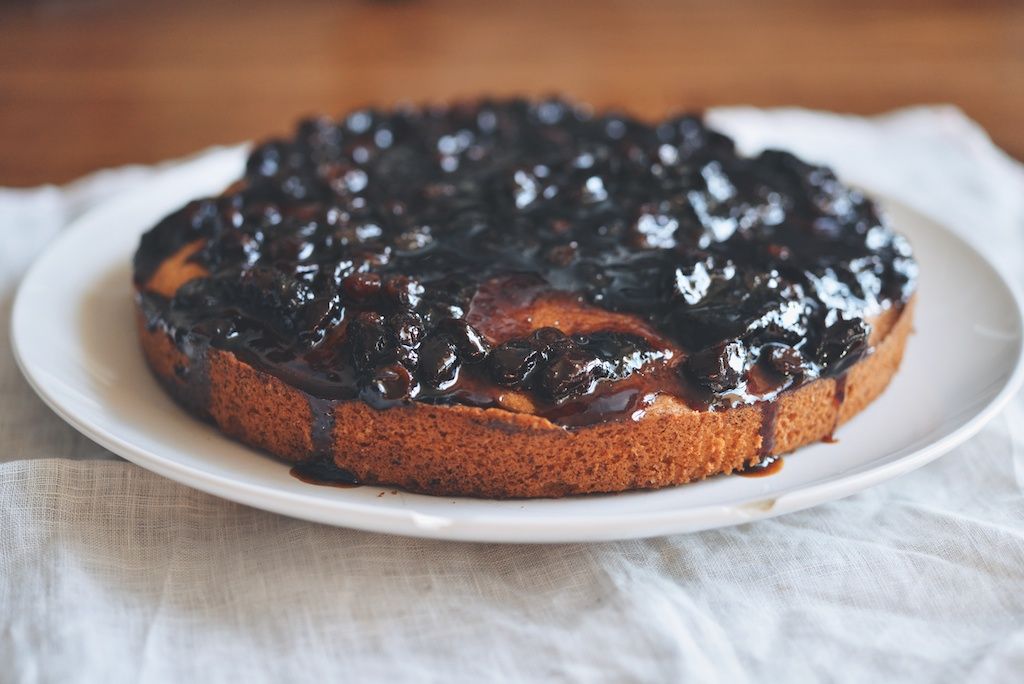
“Drunk” Christmas Cake with Raisins and Prunes
Serves 8
1 1/2 cups white sugar
1 cup water
1 cinnamon stick
2/3 cup raisins
2/3 cup prunes
1 cup + 2 tablespoons dark rum
1 cup dry sherry
1 slice lemon peel
9 tablespoons unsalted butter, at room temperature, plus a little more for greasing the pan
1/3 cup light brown sugar
1/3 cup white sugar
2 large eggs, at room temperature
1 cup flour
1 teaspoon baking powder
1/2 teaspoon ground cinnamon
1/2 teaspoon nutmeg
1/4 teaspoon kosher salt
1 tablespoon dark rum
See the full recipe (and save and print it) here.


See what other Food52 readers are saying.